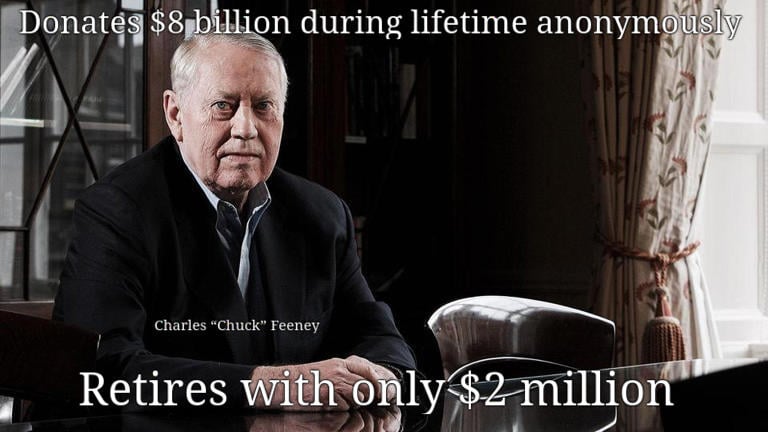this post was submitted on 09 Dec 2024
870 points (95.3% liked)
memes
15405 readers
3713 users here now
Community rules
1. Be civil
No trolling, bigotry or other insulting / annoying behaviour
2. No politics
This is non-politics community. For political memes please go to [email protected]
3. No recent reposts
Check for reposts when posting a meme, you can only repost after 1 month
4. No bots
No bots without the express approval of the mods or the admins
5. No Spam/Ads
No advertisements or spam. This is an instance rule and the only way to live.
A collection of some classic Lemmy memes for your enjoyment
Sister communities
- [email protected] : Star Trek memes, chat and shitposts
- [email protected] : Lemmy Shitposts, anything and everything goes.
- [email protected] : Linux themed memes
- [email protected] : for those who love comic stories.
founded 2 years ago
MODERATORS
you are viewing a single comment's thread
view the rest of the comments
view the rest of the comments

I feel like this is really under-appreciated. Like, Rich Dude decides he wants to donate $100M to...whatever - early childhood education. In the US, he avoids up to $37M taxes, which you can either look at as other taxpayers making $37M matching donation or $37M taken from other society objectives.
To the extent that government is a (marginally) publicly accountable system for funding a society's competing goals - education, health, defense, research - charity allows the very wealthy not just to bypass the social structure for prioritizing goals, but to force other taxpayers to adopt their personal priorities. Maybe the goal is good, maybe it's not - the point is that they're completely unaccountable.
What makes high-end philanthropy different from low-end philanthropy? Don't they both get the same tax cuts?
They probably do not get the same tax cuts: a "normal" person, making a paltry $250,000/year only reduces taxes by 24% of their giving, where the ultra-rich get 37%.
But the real difference is scale. A million people each giving $100 to their favorite charity is going to distribute that money more-or-less according to the community's overall priorities. One person giving $100M to their favorite charity has no connection to the broader community and social goals. They supercharge that one thing, which takes attention and resources from everything else.